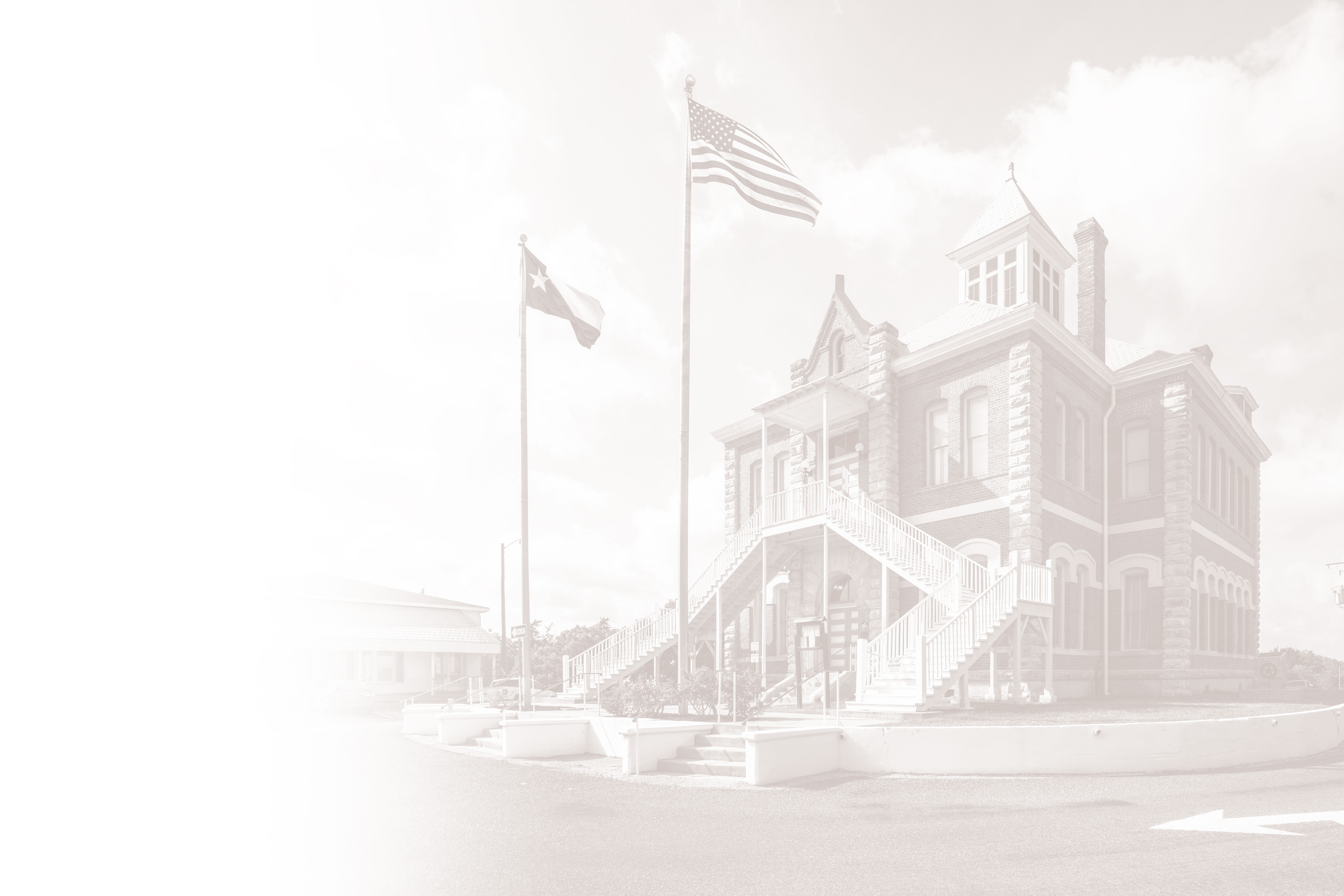Samuel Bell Maxey was born on March 30, 1825 to Rice and Lucetta Pope Bell Maxey in Tompkinsville, Kentucky. Maxey graduated from the United States Military Academy at West Point in 1846 and served in the U.S. Army during the U.S–Mexico War. After leaving the Army, he joined his father’s law firm in Kentucky and married Marilda Cass Denton in 1853.
Maxey and his father moved their families to Paris, Texas in 1857 and continued their law careers. Maxey was elected to the Texas State Senate in December 1860, but the state seceded from the United States before he took office. Instead, he formed the Ninth Texas Infantry Regiment to serve the Confederate States, eventually rising to the rank of major general. After the Civil War, Maxey attempted to resurrect his legal career, but found he required a personal pardon from President Andrew Johnson to continue his law practice or to hold public office. After many unsuccessful attempts, Gen. Ulysses S. Grant, Maxey’s classmate from West Point, recommended his presidential pardon and his citizenship rights were restored.
The fees collected from legal cases allowed the newly restored attorney to build his house on Church Street, which was completed in December 1868. Maxey and Marilda moved into the house, along with their 12-year-old adopted daughter, Dora Rowell Maxey. Their fashionable house was designed to resemble an Italian villa with elongated, hooded windows, a portico and open porches. The elaborate carvings on the front columns and other rich architectural details are reflections of the Victorian love for embellishment. This house was a progressive addition to the city’s architecture and considered a proper home for Maxey’s prominent status.
In 1874, Maxey was elected to the first of two terms in the United States Senate. Known as “The Beaver of the Senate,” because of his tireless work, he developed legislation that improved national harbors, railroads, post offices, and post roads. Sen. Maxey died in Eureka Springs, Arkansas in August 1895; his body was brought home to Paris and laid to rest in Evergreen Cemetery.
Sam Bell Maxey Long (Maxey’s great-nephew) and his wife Lala inherited the home in 1908 and began extensive remodeling in 1911. The Longs made several additions to the back of the building, including a breakfast room, a first-floor laundry room, and an upstairs sewing room. They combined two of the sitting rooms to create a larger, more formal parlor. Outside, brick walkways were re-laid, and the original fence was replaced by a boxwood hedge along Church Street.
Did You Know?
- Sam Bell and Marilda Maxey were invited to dine at the White House with President Ulysses S. Grant and First Lady Julia.
- Maxey’s West Point roommate, Thomas Jackson, earned the nickname “Stonewall” during the Civil War.
- Texas Gov. Richard Coke and Kentucky Gov. Preston Leslie attended the wedding of Maxey’s daughter in Paris, Texas on November 3, 1874.
- Dora Maxey Lightfoot’s husband, Henry W. Lightfoot, was appointed the Chief Justice of the Fifth Supreme Court of Appeals in Dallas by Gov. Jim Hogg.
- Sam Bell Maxey Long married the daughter of U.S. Marshal, J. Shelby Williams. Williams brought in 88 outlaws, including the notorious Bill Dalton of Tulsa, Indian Territory (present-day Oklahoma).
- On exhibit at the Maxey House is a huge shell from the ocean that served as the family punch bowl.
- Texas legislative documents refer to Marilda Maxey’s cultivation of crape myrtles.
- Camp Maxey in Paris was named in honor of Sam Bell Maxey during World War II and continues to function as a National Guard center.
- Stand Watie, the only Native American general in the Confederacy, served under Gen. Maxey.
